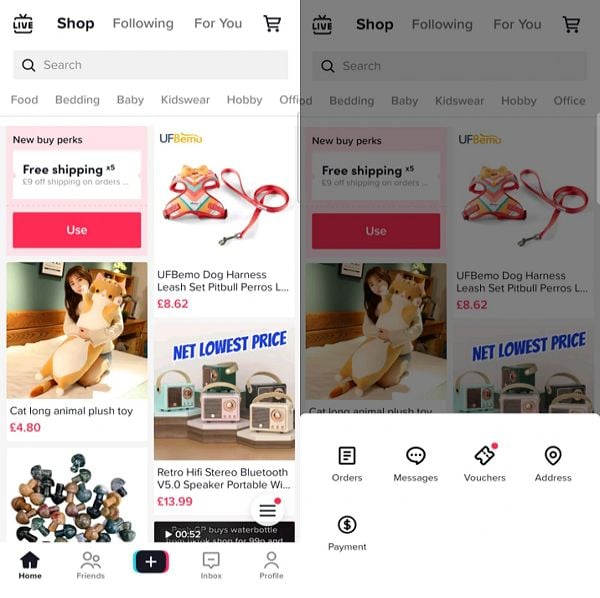While Elon Musk continues to talk about his “everything app” ambitions, which would see X become a hub for all sorts of transactions and interactions, various other social apps continue to show that the path to creating a “Western WeChat” won’t be easy, and in fact, could be impossible, due to evolving regulatory requirements, and distrust of big tech.
This week, TikTok has been dealt a blow in its own eCommerce ambitions, with the Indonesian Government moving to ban the sale of goods on social media, as part of its updated trade regulations.
As reported by Nikkei Asia, Indonesian authorities are growing increasingly concerned about predatory pricing on social media platforms, as well as the sale of foreign goods, which could impact local businesses. As a result, Indonesia is now looking to update its laws relating to eCommerce, which would essentially make in-stream commerce within social apps illegal.
That would be a big blow to TikTok’s broader sales ambitions. In-stream sales are now the key revenue stream for the Chinese version of the app, and TikTok’s been pushing to replicate that success, particularly in regards to live-stream sales, in other markets.
But thus far, it hasn’t been able to gain traction for its in-stream shops and sales promotions in Western markets. Asian regions have, however, been more open to such, with Indonesia in particular showing strong potential as a key growth market for its shopping ambitions.
TikTok now reportedly facilitates over 2 million sellers in Indonesia, and it’s been testing more advanced shopping features in the region, including its dedicated Shop tab.

Now, those will seemingly be rolled back, which will see TikTok lose a lot of momentum in its broader eCommerce push.
Which, again, underlines the challenges of creating an “everything app”, that can facilitate all sorts of transactions.
Many regions are also increasingly wary of the influence that American tech companies have over their local markets, and are therefore hesitant to enable such within their borders.
India, for example, has imposed strict limits on how many people Meta can enable to use its Meta Pay service in the region, in order to manage its growth in the market. After years of work, Meta’s still trying to work its way around this, in order to build WhatsApp as its own WeChat in developing regions. But with its cryptocurrency project falling flat, due, again, to regulatory concerns and skepticism from international regulators, its avenues are limited, while digital payments in themselves are still far from the norm in Africa, Meta’s next big growth market.
And in the U.S., as noted, interest has been limited.
The challenge is that, in developing regions, which need improved banking and financial options the most, establishing such is difficult, due to regional laws and restrictions, while in developed markets, most of the financial and payment options already available are generally good enough to meet user demand.
They’re safe, they’re trusted. Users know that they’re less likely to get scammed by listings on, say, eBay or Amazon, while banks have appeal processes and safety checks to combat potential fraud.
Social apps don’t have that same level of trust. And with these options already in place, why would consumers need to conduct more transactions in-stream?
(Consequently, this is also why the crypto push has collapsed, because there’s little need for alternative, less secure, less regulated banking and finance systems in Western markets, though it could still be of value in some regions).
Things are a little different in China, where the Chinese Government is so heavily intertwined with all forms of business in the region that users can have more trust in transactions, be they through WeChat or another approved app. WeChat is also a key tool for Government surveillance and data collection in the region, so there’s an added incentive for the CCP to maintain control over how the app is used, to ensure it remains a trusted platform, which is not the same in western regions.
Essentially, while X’s ambitions are somewhat logical, in line with the increasing reliance on online shopping, and streamlined banking services via digital apps, it’s going to be a big task for X to actually enact any of these options. And that’s before you even consider expanding such beyond American borders.
Maybe it can be done, but with little demand, and dwindling trust in such options, it’s hard to see a path for Elon’s grand vision.



